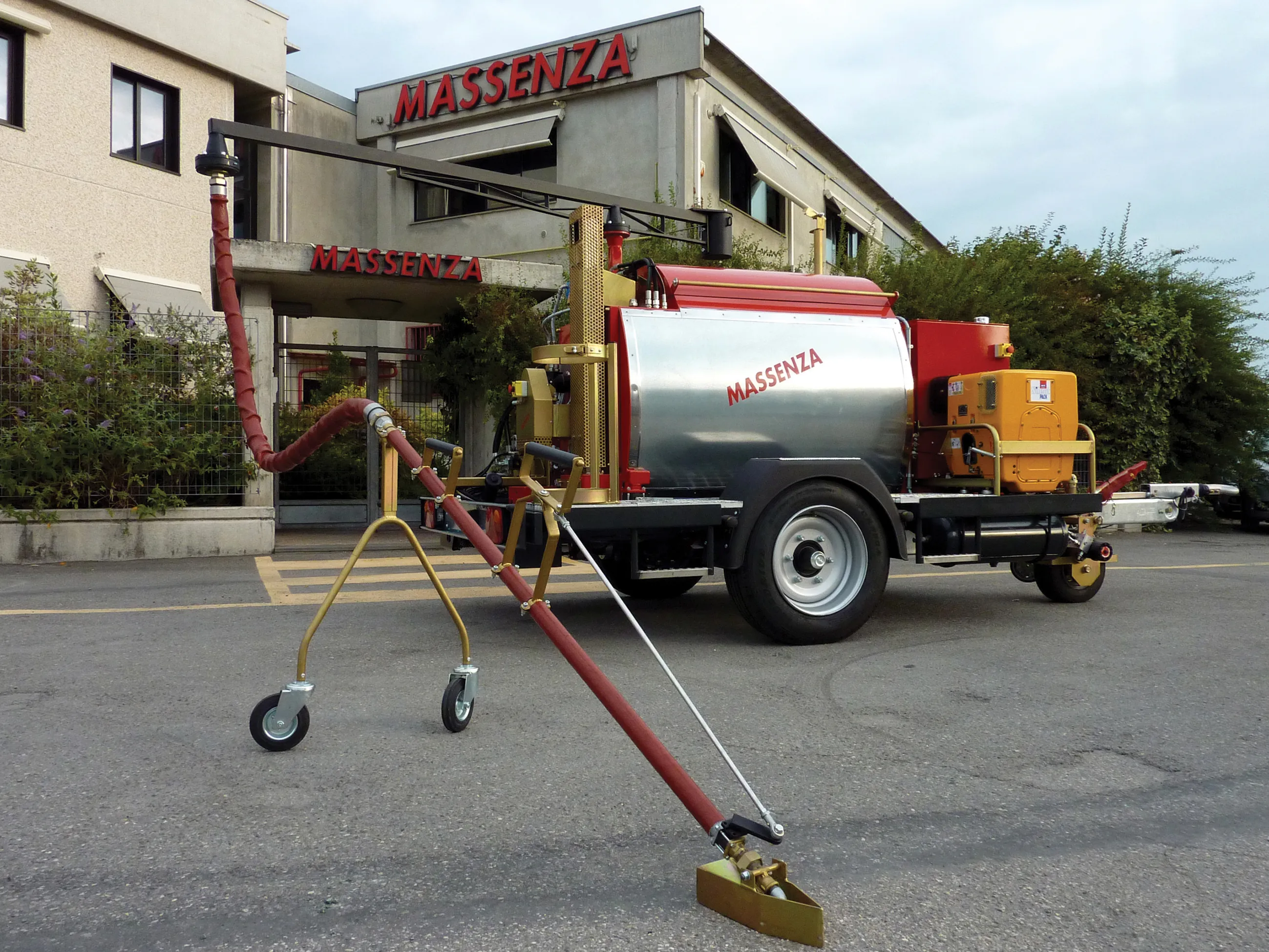The state of Minas Gerais, Brazil, has received New Holland machines that will be used to combat drought and develop infrastructure. At the delivery ceremony in Ribeirão das Neves, Belo Horizonte metropolitan area, President Dilma Rousseff handed over 58 model RG140.B graders to several local administrations in northern Minas Gerais state. The machines will be used in the reconstruction of roadways that link rural areas to urban zones, and they were acquired by the Ministry of Agrarian Development (MDA) in
May 28, 2013
Read time: 2 mins
The state of Minas Gerais, Brazil, has received 5895 New Holland machines that will be used to combat drought and develop infrastructure.
At the delivery ceremony in Ribeirão das Neves, Belo Horizonte metropolitan area, President Dilma Rousseff handed over 58 model RG140.B graders to several local administrations in northern Minas Gerais state.
The machines will be used in the reconstruction of roadways that link rural areas to urban zones, and they were acquired by the Ministry of Agrarian Development (MDA) in order to help strengthen regional family-based agricultural initiatives: in combating drought and in the development of state infrastructure.
As well as providing the graders, supplied through a recent tender, New Holland will be responsible for training operators and providing technical support and maintenance. The supply is part of the second stage of the PAC Equipamentos Programme, which has a budget of more than BRL 1 billion (US$125 million) already approved by the National Congress.
“We are attentive to the opportunities required by the public sector. Just like in other markets we operate in, we are constantly trying to align our products and services to the needs of this market,” says Marco Borba, the commercial director for Latin America.
At the delivery ceremony in Ribeirão das Neves, Belo Horizonte metropolitan area, President Dilma Rousseff handed over 58 model RG140.B graders to several local administrations in northern Minas Gerais state.
The machines will be used in the reconstruction of roadways that link rural areas to urban zones, and they were acquired by the Ministry of Agrarian Development (MDA) in order to help strengthen regional family-based agricultural initiatives: in combating drought and in the development of state infrastructure.
As well as providing the graders, supplied through a recent tender, New Holland will be responsible for training operators and providing technical support and maintenance. The supply is part of the second stage of the PAC Equipamentos Programme, which has a budget of more than BRL 1 billion (US$125 million) already approved by the National Congress.
“We are attentive to the opportunities required by the public sector. Just like in other markets we operate in, we are constantly trying to align our products and services to the needs of this market,” says Marco Borba, the commercial director for Latin America.








